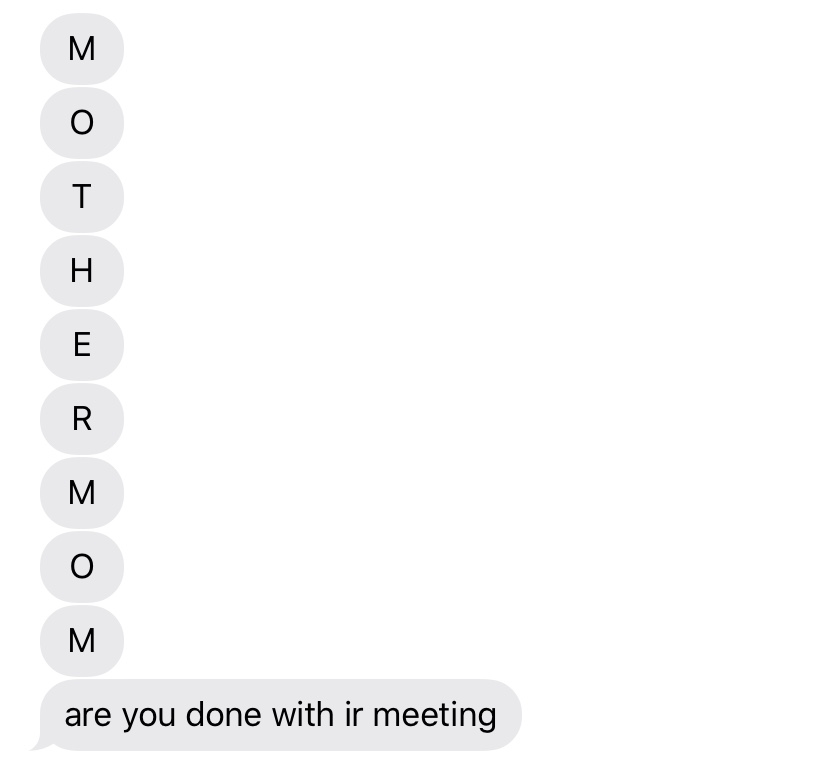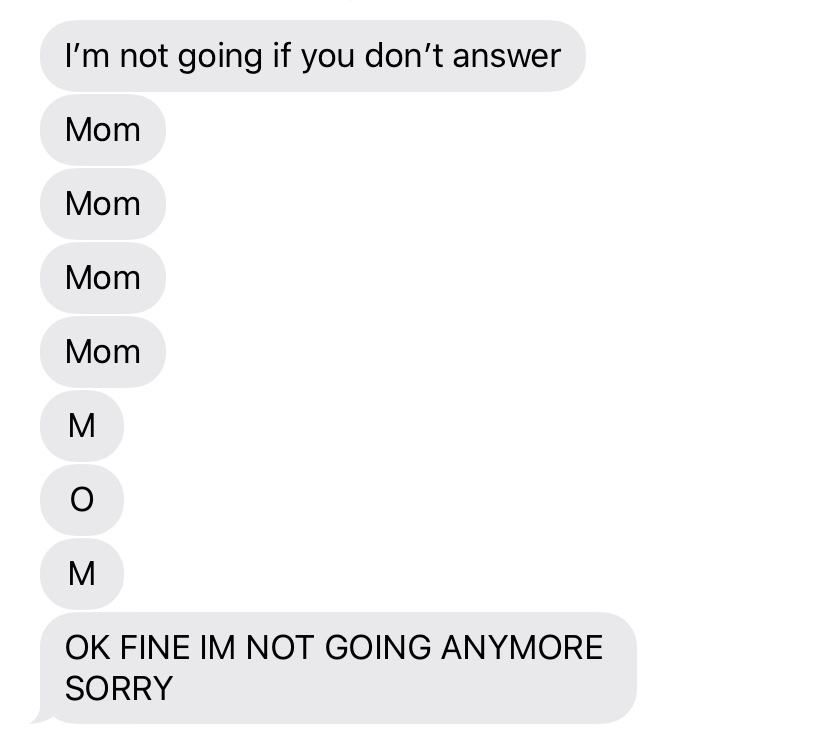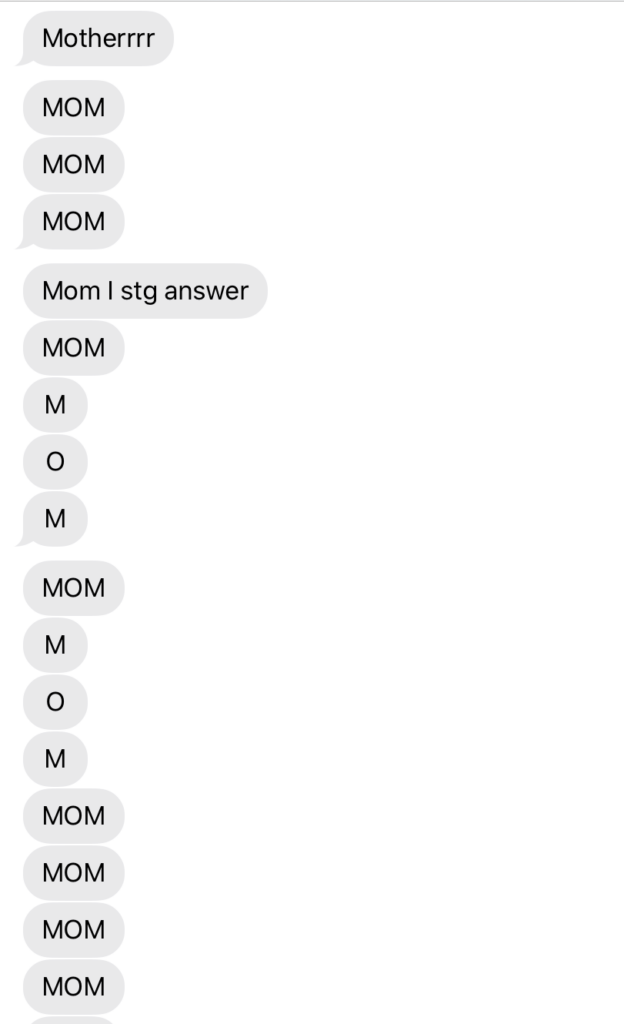When I was in 4th grade, I found out what an architect was. I saw my first floor plan for a house (don’t remember where) and was intrigued. It had never occurred to me that you could make something like a map of a house! I started drawing house plans for myself – all of them featured a very large room for me and very small rooms for my siblings.
This professional ambition lasted for at about a year; the dream shifted when I decided to be an Olympic gymnast instead. But I retained a fascination with architecture and architects. It interested me that someone could use art and math to create a home out of an idea, bring it to 3-D reality. The outcome was visible and tangible, but it started with nothing but thoughts and wishes.
Years later, my sister married an architect and I would love him anyway, but the fact that he’s an architect has always endeared him to me. He does what I once dreamed of doing and I get a glimpse of the secret world of creating worlds.
The Letter to the Hebrews includes an image of God as an architect that captures my imagination. I love the idea that, like my brother-in-law and his colleagues, God creates a reality for us that is based both on things you can see – wood, metal, stone – and on things you cannot see – plans, dreams, hopes. There is a link between what we have now, which is like a floor plan and a dream, and what the unseen future holds.
The link is called faith.
Abraham is the model how we can live in this time between the dream and the fulfillment, between the floor plan and the house. Abraham left his home and lived in a tent because God told him to – and, as the letter to the Hebrews says, “he set out not knowing where he was going.” All the time he lived in that tent, he was hoping for a more settled life, not just a solid house and some land, but also some kids. He wanted these things in part because God promised them to him. “Leave your home, everything you know. I will eventually give you land and as many descendants as there are stars in the sky,” God told Abraham. And even when the evidence was pretty thin, Abraham had faith that God would come through for him.
“He looked forward to the city that has foundations, whose architect and builder is God.”
(Heb. 11:10)
The letter makes clear that the city is a heavenly city. We might call it the Kingdom of God.
Now, in ancient times, architects were a bit different than the ones we have today. Today, architects make technical plans that others carry out, but in the ancient world, in the world of the first Christians, architects were also master builders. They were artisans who worked with stone and wood and all the solid aspects of a building, but who also knew in their minds what the thing would end up looking like. They worked with a team, not alone. Most of the other workers wouldn’t know how the end result of their labors would end up, they trusted the architect and followed directions.
One of the key aspects of a sturdy building both then and now is a good foundation. It is included in the passage from Hebrews. From his tent, Abraham “looked forward to the city that has foundations.” From temporary to permanent, from tent to city, from desert floor to good foundation.
Now a literal foundation has some important qualities. I asked my architect brother-in-law about this. “What makes a good foundation,” I asked? His first answer was, “#6 rebar and a concrete slump value of 3”.” But then we got more philosophical and he said this :
“A good foundation takes into account the natural conditions around it like weather and soil conditions, as well as proper care while it is curing.”
In layperson’s terms, a good foundation includes important components like rebar and concrete, but also requires knowledge of the environment in which it will be built. And crucially, it also takes time and care. A good foundation is not something that is put together hastily.
If Abraham is looking forward to the city that has foundations, and that city is not a literal brick-and-mortar city but a God-built city, what are the conditions that God takes into account? What are the components that make the foundation stable and durable? The Letter to the Hebrews tells us over and over that it is by faith that we and our ancestors “understand that the worlds were prepared by the word of God, so that what is seen was made from things that are not visible.”
Abraham had faith in God and God was faithful to Abraham.
Abraham didn’t have concrete or rebar, he had faith.
He didn’t have doctrines or scripture, he had faith.
He had a relationship with God and God had a relationship with him.
It was faith – not facts, but trust – that became the foundation for the city whose architect and builder is God. In architectural terms, the natural conditions, the weather and soil conditions, if you will, for the city God is building is Abraham’s faith. As the heirs of Abraham, our faith is also part of that building. If God is the Master Builder, then we are God’s team helping to construct the foundation with our faith. We are co-creating.
And as with any good, stable foundation, it takes time and proper care to become strong and durable. Eternally durable. It is the element of time that makes faith a challenge. Like Abraham, we trust that God has made promises to us and we cannot see evidence that the promise is being fulfilled, at least not yet. It is hard to hold on. We might feel like we are living in a tent on unstable ground. We long for a solid foundation.
No one is sure who wrote the letter to the Hebrews, or even to whom it was written, but it is clear that they needed encouragement, it seems they may have been experiencing serious doubts about their faith. Most of us need encouragement, too, especially these days.
Here’s some encouragement:
“All of these (meaning Abraham and Noah and Abel and Enoch) died in faith without having received the promises, but from a distance they saw and greeted them. They confessed that they were strangers and foreigners on the earth, for people who speak in this way make it clear that they are seeking a homeland. If they had been thinking of the land that they had left behind, they would have had opportunity to return. But as it is, they desire a better country that is, a heavenly one. Therefore God is not ashamed to be called their God; indeed, he has prepared a city for them.” (Heb. 11:13-16)
We are facing of challenges to our faith right now. For early Christians, the challenges included the fall of the Temple in Jerusalem and Roman persecution, questions about who and how to include people in their new faith community, disagreements about what kind of Messiah Jesus was.
Like early Christians, we struggle with who to include and how. But for the most part, we are on the other side of the power imbalance. Our challenges now are how to reconcile a religion born from oppression with a religion that now has access to political, military, economic, and social power. Some of us are on both sides of that power divide – we can see the distortion of Jesus’ messages when so many are denied Love by the very followers who should be giving it.
Having faith in God’s promise takes endurance and hope. It requires trust in God even when things look bleak and we don’t see tangible evidence of the promise. “Faith is the assurance of things hoped for, the conviction of things not seen,” says the letter to the Hebrews.
So even when we see people kidnapped off the street and sent to secret prisons, even when we watch the rights of transpeople and parents of trans youth stripped away, even when food designated for the hungriest people on earth is allowed to spoil and go to the landfill, even when lies are peddled as truth, the architect and builder is at work. We can have faith in that.
The communities in which we live and work – and even in which we worship – are more divided than ever along lines of gender, gender expression, race, ethnicity, economic class, immigration status. There are some even within our own worship communities that want to cast others of us out.
Be encouraged. What we have already, our communities and each other, was once a thing hoped for and yet unseen. It was made from faith.
Abraham didn’t live to see the fulfillment of God’s promise, only the beginning of it. He and Sarah lived as strangers in the land until their deaths. Yet the promise came.
Our confidence in God, our faith in God’s promise, is part of the foundation. That foundation is curing right now, becoming stronger and more durable as we live into our trust in the architect and builder. God is making for us a home out of a promise. And we can have faith in that.
(based on a sermon preached at St. Joan of Arc Episcopal Church, August 10, 2025)





